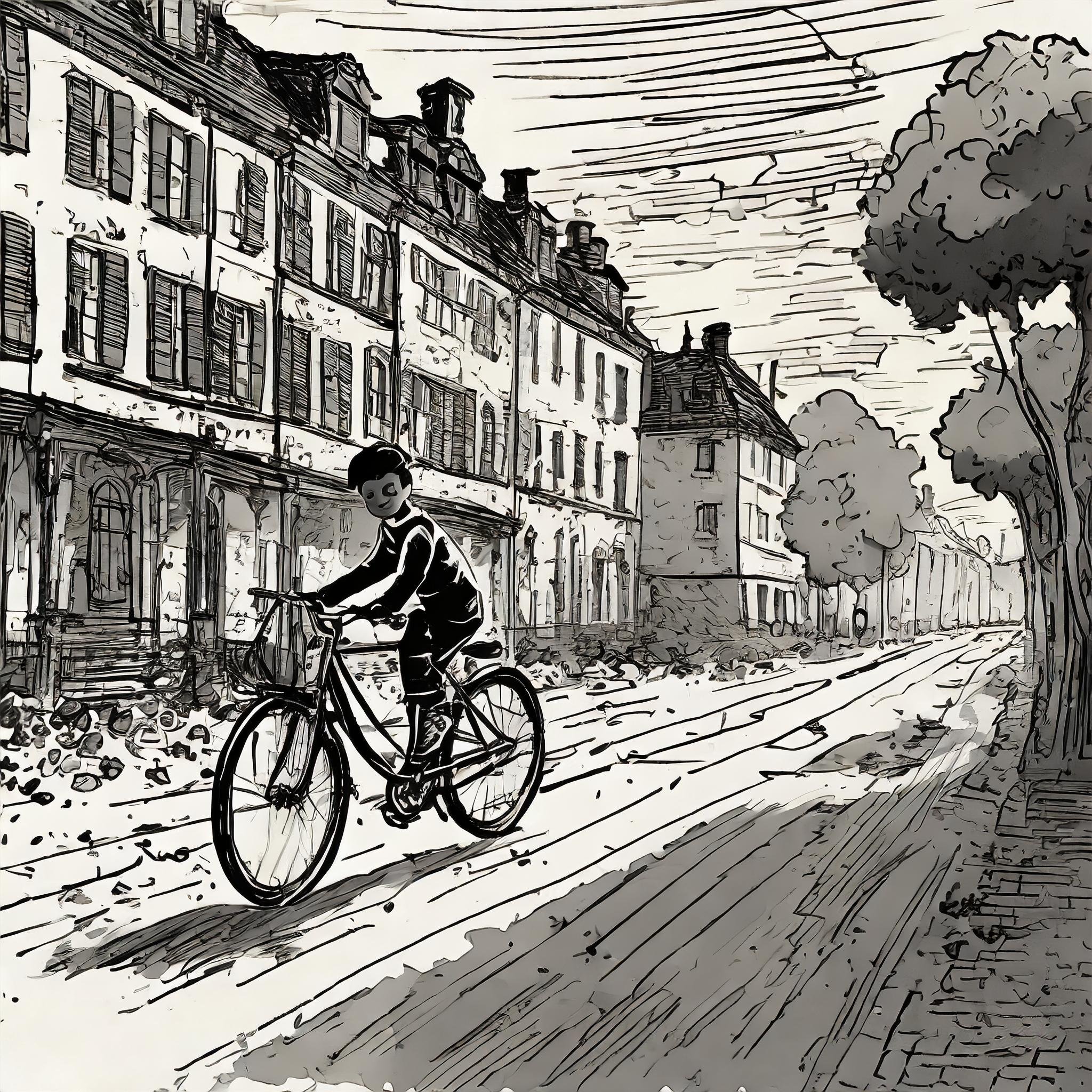Despite all the distractions and what I remembered pleasantly, a dark, hidden fear remained deep inside me. Even after many years, this fear crept up abruptly in me.
This post has been moved. Please follow us on Medium to read and/or listen (!) to it in full.
The Bright Side of the Doom, a Prequel to 1984, The 18-Year-Old Who Wrote a Note and Disappeared is now available worldwide in bookstores as a hardcover, paperback, and e-book‼️
